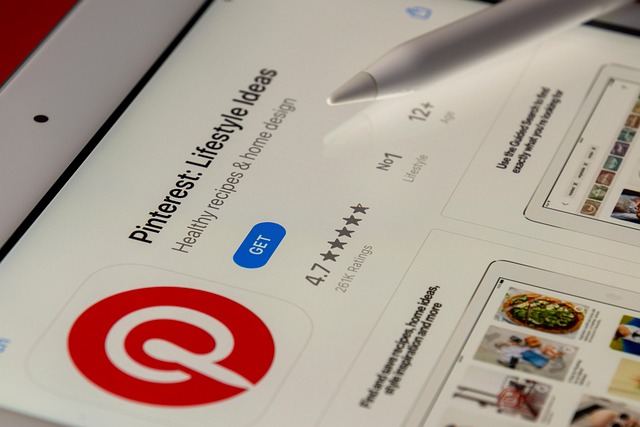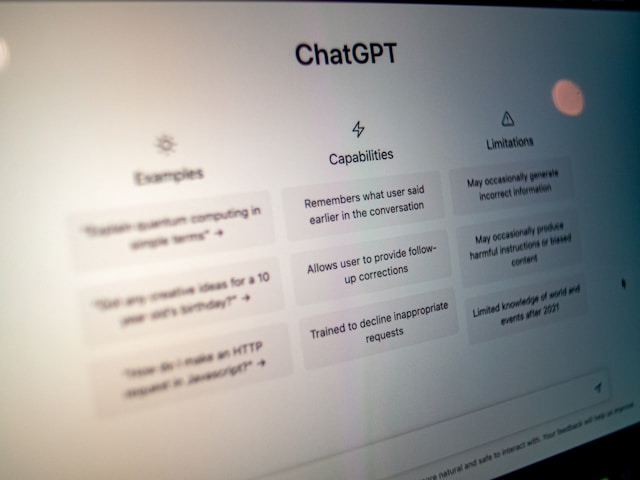In a bold strategic move, Meta is investing nearly $15 billion into the data-labeling powerhouse Scale AI, acquiring a 49% stake and bringing on CEO Alexandr Wang to co-lead a newly formed superintelligence lab inside Meta. This landmark collaboration represents one of Meta's largest and most high-risk bets in recent years, placing data and talent at the heart of its AI comeback strategy.
A New Chapter in Meta’s AI Journey
Meta’s move draws inevitable comparisons to its earlier acquisitions of WhatsApp ($19B) and Instagram ($1B), both initially criticized for their steep price tags but eventually proven integral to Meta’s dominance in social media. With Scale AI, the stakes are different — this is not about social networking, but control over the foundational data pipeline that fuels modern AI.
Unlike flashy consumer apps, data labeling is a quiet but vital component of AI development. High-quality, human-curated data is essential for training accurate and safe models. Scale AI, already a key supplier for top AI labs including OpenAI and Anthropic, has positioned itself as a central player in this space. Meta’s partial acquisition appears aimed at securing a competitive edge by ensuring access to frontier training data and potentially influencing the broader data ecosystem.
Why Data Matters Now More Than Ever
Recent shortcomings in Meta’s generative AI efforts have made this investment more urgent. The release of Llama 4, Meta’s latest open-source AI model, was underwhelming compared to models from competitors such as DeepSeek and Mistral. Internally, Meta has faced a brain drain, losing over 4.3% of its top AI talent in 2024 alone, according to SignalFire.
The Scale AI partnership aims to reverse that trajectory. With Wang’s leadership, Meta is betting not just on data access but on visionary execution. Wang, a 28-year-old founder hailed in Silicon Valley for his drive and influential network, will now be tasked with navigating Meta’s AI reinvention. His involvement suggests a desire for rapid progress, global engagement, and deeper integration between foundational data and frontier model development.
Risks and Industry Reactions
Despite Wang’s proven startup credentials, his lack of direct experience in leading a research lab raises questions. Meta is reportedly courting seasoned researchers like Jack Rae from DeepMind to bring scientific leadership and credibility to the new team. This blend of entrepreneurial energy and academic rigor could be key to making the initiative viable.
However, the acquisition poses challenges. Some experts suggest that the close Meta-Scale alignment may alienate other AI labs that previously relied on Scale as a neutral data provider. Competitors like Turing, Surge AI, and LM Arena could benefit from clients seeking more independence and transparency.
Turing CEO Jonathan Siddharth notes a surge in client interest following news of the Meta-Scale deal, indicating a potential market shift. As AI labs grow more reliant on fine-tuned, high-quality data — whether real or synthetic — the demand for flexible, trusted partners remains strong.
Can Meta Catch Up?
The AI landscape continues to evolve at breakneck speed. OpenAI is expected to release GPT-5 and its first openly available model in years, further raising the bar. Meta, despite its resources, is playing catch-up — but this aggressive bet signals that it's not backing down.
By aligning with Scale AI and bringing Alexandr Wang into its inner circle, Meta is placing a massive wager on data quality, leadership innovation, and infrastructure control as the pillars of its AI revival.
Whether this move will deliver lasting results or echo past missteps remains to be seen. But one thing is clear: Meta is no longer content to follow in the AI race — it wants to lead it.










